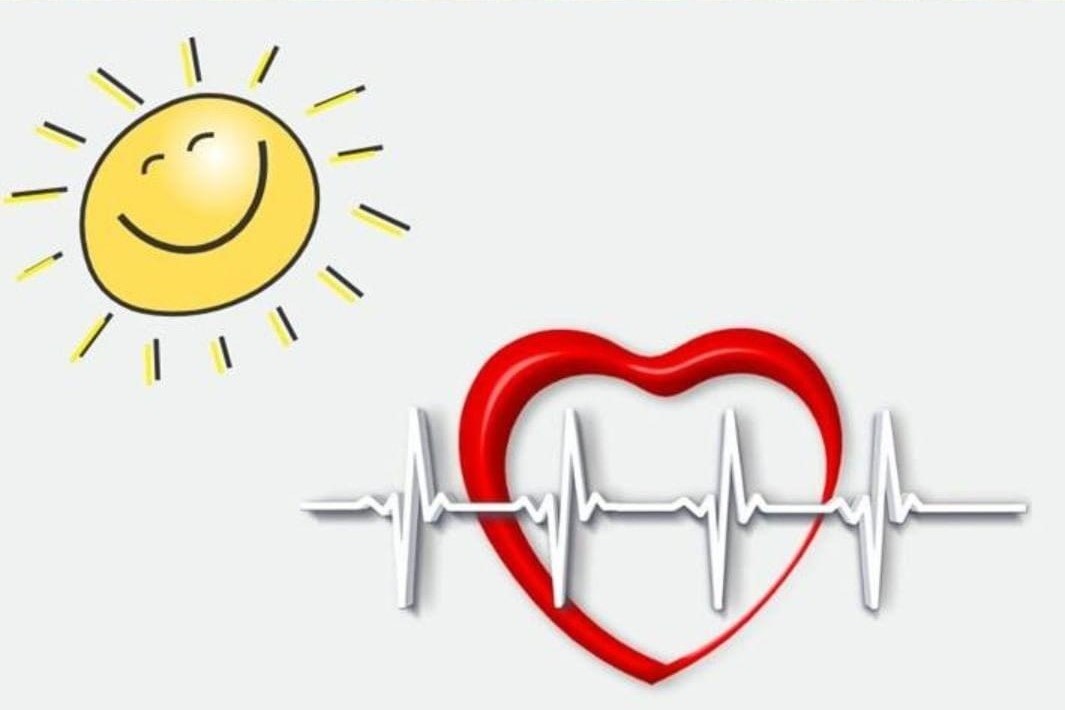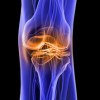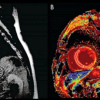
Summer heat isn’t just about sun, vacations, and ice cream — it also puts extra stress on the cardiovascular system, especially in people with hypertension, arrhythmia, varicose veins, as well as the elderly and children.
When the air temperature rises above 25 °C, the body has to adapt to overheating — and even sitting in the shade, the heart works harder than usual.
—
What happens to the body in the heat?
Blood vessels dilate — it’s a natural cooling response, but it can cause blood pressure to drop, especially in people with hypotension.
Sweating increases — with sweat, the body loses fluids, salts, and electrolytes, which may lead to dehydration.
The heart works harder — heart rate rises, and the need for oxygen increases.
This can be especially dangerous for those with existing heart conditions: ischemia, heart failure, or arrhythmias.
—
How to reduce strain on the body during heat:
✅ Drink water in small portions — 100–150 ml every 20–30 minutes. Avoid sugary and carbonated drinks.
✅ Limit physical activity during peak heat (12:00–17:00). Mornings and evenings are best for walking.
✅ Wear light-colored, breathable clothes made from natural fabrics, and don’t forget a hat.
✅ Monitor your blood pressure, especially if you take medication. In the heat, it can drop or spike suddenly.
✅ Don’t skip prescribed medication — ask your doctor whether dosage adjustments are needed for summer.
—
In the heat, don’t try to push your limits.
Stay in cool places, give your body time to adjust, and don’t ignore symptoms like dizziness, weakness, nausea, or shortness of breath.
Write a review
Required fields are marked with *
Categories
- News (42)
- Therapy (31)
- GP (23)
- Endocrinology (8)
- Cardiology (8)
- Ortopedics (4)
- Dermatology (3)
- urology (1)
- Check-up (1)
- Ultrasound (1)
Articles
Archive
- February 2026 (8)
- January 2026 (8)
- December 2025 (6)
- November 2025 (6)
- October 2025 (6)
- September 2025 (6)
- August 2025 (7)
- July 2025 (4)
- June 2025 (11)
- May 2025 (9)
Categories
- News (42)
- Therapy (31)
- GP (23)
- Endocrinology (8)
- Cardiology (8)
- Ortopedics (4)
- Dermatology (3)
- urology (1)
- Check-up (1)
- Ultrasound (1)









Comments (0)